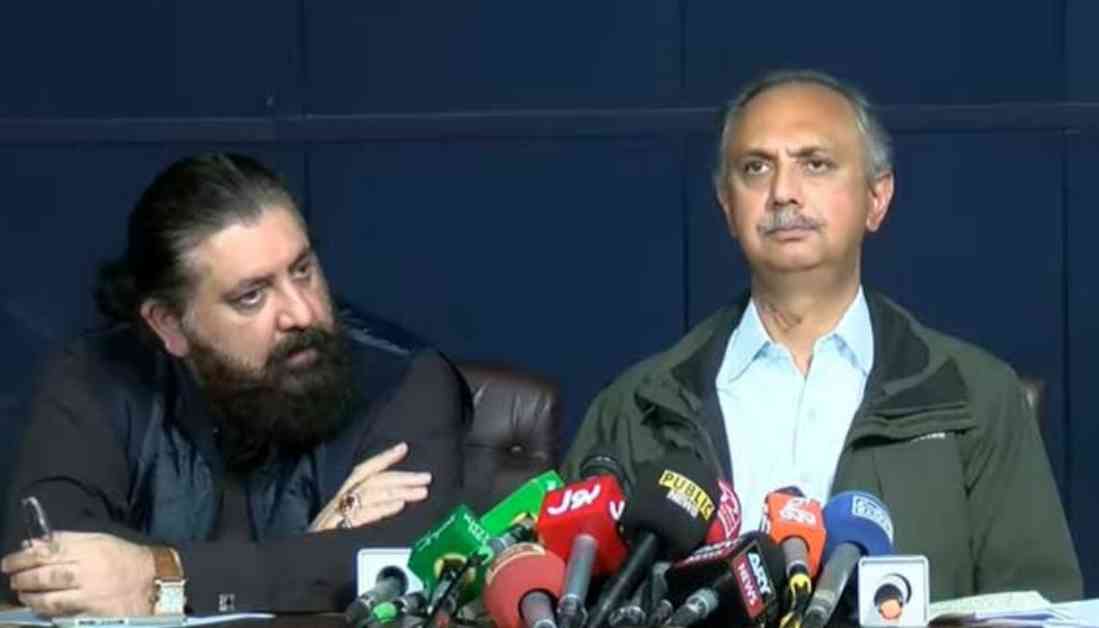Pakistan Tehreek-e-Insaf (PTI) Blasts Punjab Government for Economic Mismanagement and Worsening Poverty
Pakistan Tehreek-e-Insaf (PTI) Secretary Information Sheikh Waqas Akram did not hold back during a recent press conference in Peshawar, where he criticized the Punjab government for its handling of the economy. Standing alongside Provincial Finance Advisor Muzammil Aslam, Akram accused the ruling government of pursuing policies that are harmful to farmers and misleading the public with false claims.
Accusations and Criticisms
During the press conference, Akram specifically called out Maryam Nawaz for her remarks on the country’s economic trajectory. He highlighted that under PTI’s tenure, poverty stood at 12%, while it has now risen to 13% under the current government. Akram also pointed out that exports under PTI reached 31 billion, contrasting with the projected 26 billion in 2024. Additionally, he criticized the government for increasing interest rates, leading to rising fiscal deficits and losses exceeding Rs408 billion.
Allegations of Mismanagement
Akram did not stop there, accusing the Punjab government of neglecting essential public services like healthcare. He claimed that Maryam Nawaz had named health units after herself, further linking colleges and universities to her family. Akram also highlighted the government’s failure to improve agricultural initiatives, labeling them as “anti-farmer” and mocking the opposition for their handling of PTI’s poultry program.
Response and Counterclaims
In response to recent statements regarding job cuts, Akram claimed that the government was deceiving the public by falsely claiming to reduce the economic burden. Muzammil Aslam also chimed in, criticizing the rising costs of essential goods, particularly food, and warning of the long-term consequences of forced reductions in wheat prices.
With allegations flying and criticisms mounting, the debate over economic policies and poverty levels in Punjab continues to heat up. As citizens grapple with the implications of these accusations, one thing remains clear: the state of the economy is a critical issue that demands attention and action.
As we navigate the complex landscape of economic management and public policy, it is essential to scrutinize the claims made by both sides and seek a comprehensive understanding of the challenges facing the country. From agricultural initiatives to healthcare services, the impact of policy decisions on the lives of everyday Pakistanis cannot be understated.
In the midst of these debates, one question lingers: How can we ensure that economic policies prioritize the well-being of all citizens, regardless of political affiliations or agendas? As the discourse continues, let us remain vigilant in our pursuit of a stronger, more equitable economy that serves the needs of the people, not just the interests of the few.









